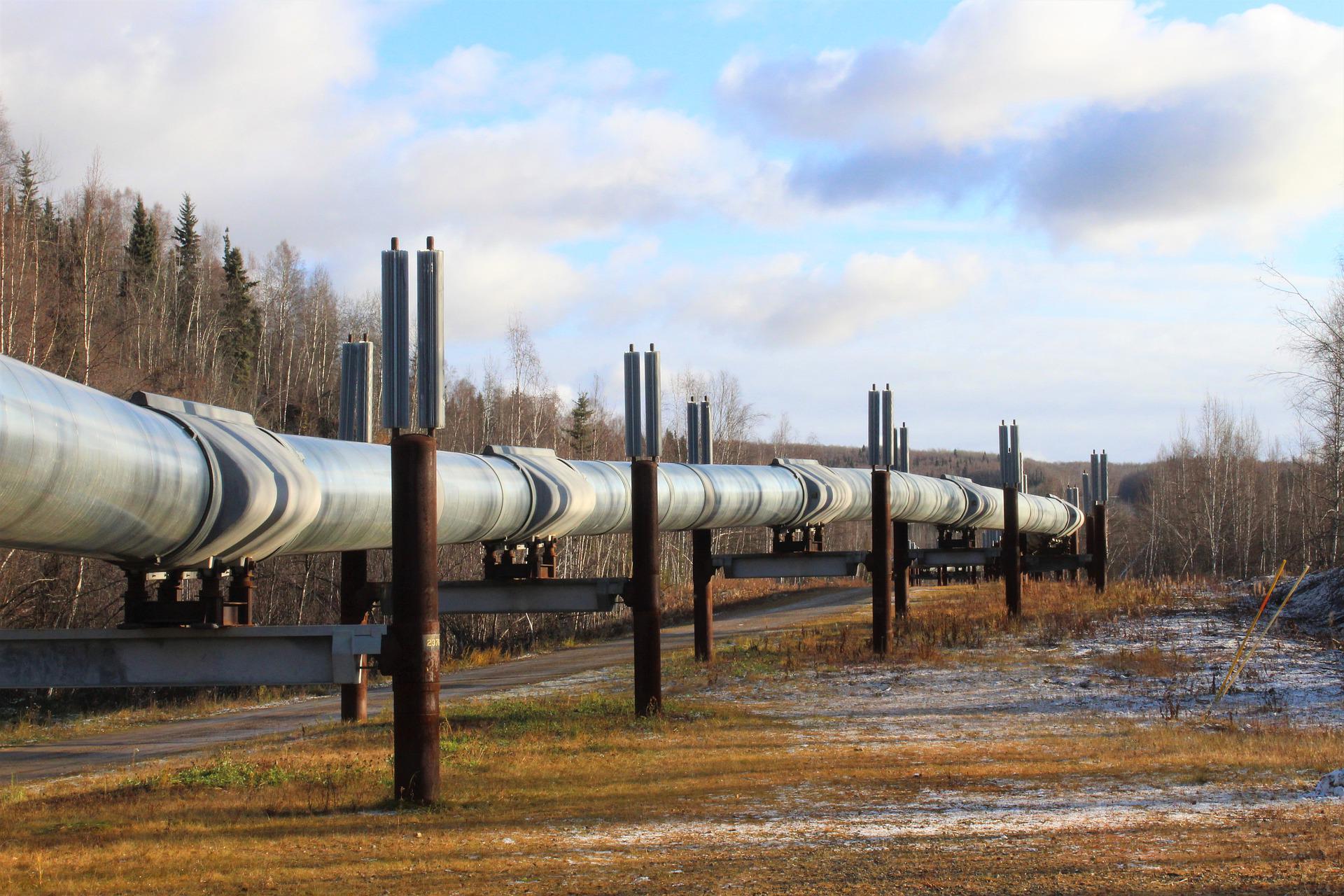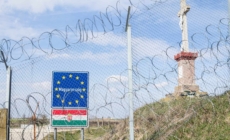Technical issues have derailed recent capacity tests on the Adria oil pipeline, preventing confirmation that the system can reliably operate at maximum output over longer periods, Hungarian energy company MOL revealed in a statement on Wednesday.
MOL and Croatian pipeline operator Janaf conducted a series of joint tests last week to determine whether the pipeline could deliver sufficient crude oil from the Adriatic Sea to Hungary and Slovakia. However, the line repeatedly failed to sustain peak capacity for more than one to two hours.
Janaf oil terminal Omisalj, Photo: Wikimedia Commons
As MOL reports, the two companies had agreed to gradually ramp up pressure and pump usage to reach full throughput and maintain it throughout the tests. But shortly before testing began, Janaf reportedly informed MOL that maximum flow could only be maintained for one hour—significantly diverging from the agreed plan.
Complications worsened when, just 30 minutes into the test, Janaf halted operations, citing an electrical supply issue. After a prolonged outage, flow resumed at reduced pressure, following a request from the Croatian side.
MOL emphasized the strategic importance of the Adria pipeline, noting that it plays a critical role in Central Europe’s energy security. To serve as a full alternative to eastern routes, the Croatian segment must consistently handle 40,000 tons of crude oil per day, or 14 million tons annually. The company reaffirmed the need for two reliable, commercially viable pipelines to ensure stable regional supply.
In response, Janaf rejected MOL’s claims, stating that its inability to maintain full capacity was not due to technical reasons. The Croatian operator said the reduced flow rate was initiated at MOL’s own request and insisted that it is fully prepared to meet the annual demand of MOL’s refineries in Hungary and Slovakia.
“Based on numerous joint tests, we have provided sufficient guarantees to MOL and European stakeholders,” Janaf said. They also dismissed the September test as invalid, stating that MOL failed to create the necessary conditions for maximum flow.

MOL in the process of digging another well near Vecsés, Hungary. Photo: MTI/Balogh Zoltán
While reaffirming its commitment to cooperation, Janaf warned that “manipulation and obstruction have no place in a true partnership.”
Related article
MOL Dissatisfied with Oil Transport Contract Signed with Croatian Pipeline Operator

The Hungarian company regretted that they were only able to agree on prices significantly higher than European transport tariffs.Continue reading
Via MTI; Featured image: Pexels
The post Adria Capacity Test Fails, Tensions Rise Between MOL and Janaf appeared first on Hungary Today.
Source link

































